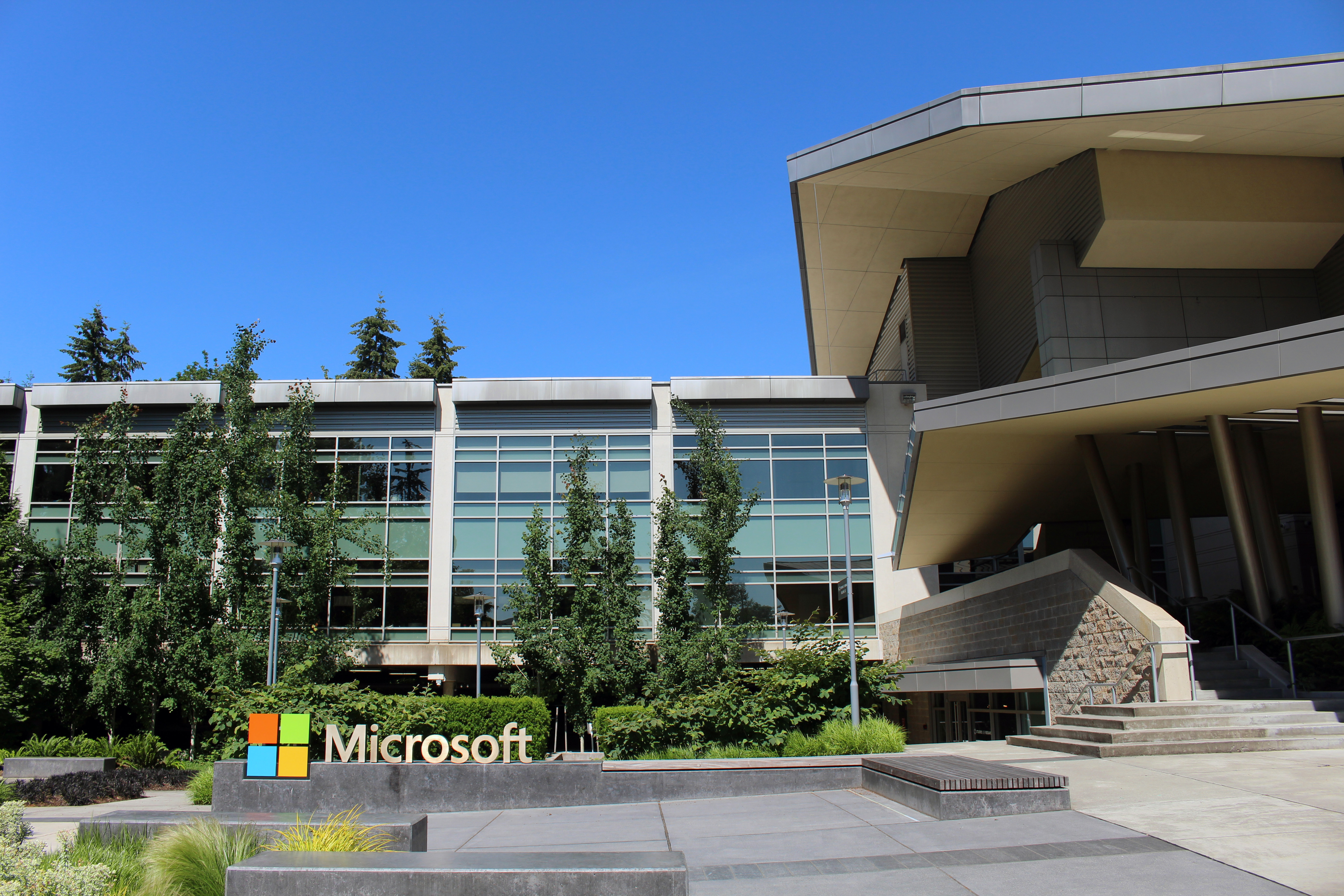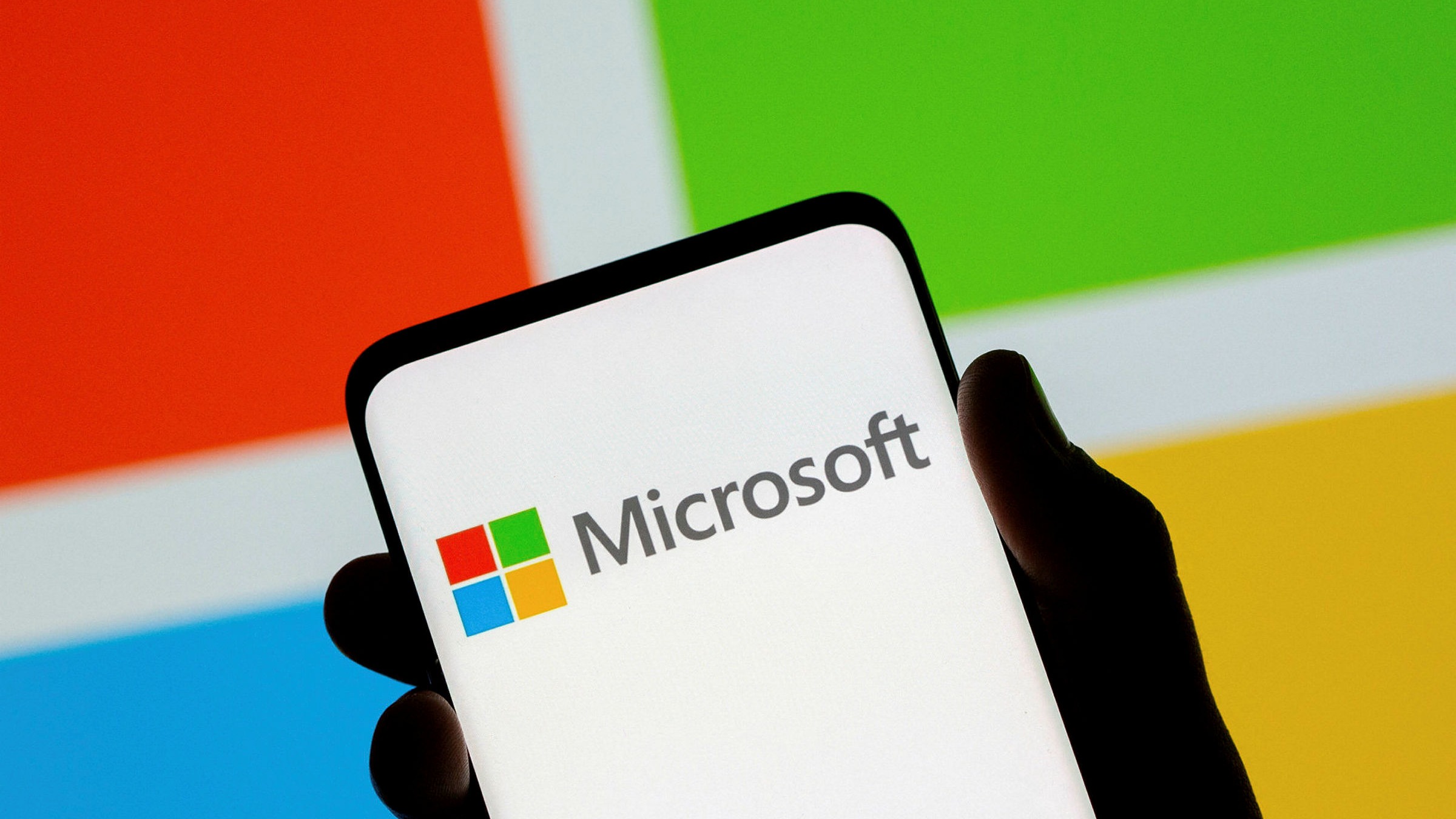Microsoft-Activision: US judge declines to block the deal

Microsoft-Activision: US judge declines to block the deal
If a federal judge has indeed made a ruling regarding Microsoft’s takeover of Activision Blizzard, it would be best to refer to reputable news sources or conduct an online search to access the most recent and accurate information about the outcome of the case. These sources should provide details on the judge’s decision and the implications it may have on the deal and competition concerns raised by regulators.

U.S. District Judge Jacqueline Scott Corley said in a ruling that the FTC has not shown a likelihood it will prevail on its claim this particular vertical merger in this specific industry may substantially lessen competition. To the contrary, the record evidence points to more consumer access to Call of Duty and other Activision content.
Microsoft appeared to have the upper hand in a 5-day San Francisco court hearing that ended late last month. The proceeding showcased testimony by Microsoft Chief Executive Officer Satya Nadella and longtime Activision Blizzard CEO Bobby Kotick, who both pledged to keep Activision’s blockbuster game Call of Duty available to people who play it on consoles particularly Sony’s PlayStation that compete with Microsoft’s Xbox.
“Our merger will benefit consumers and workers. It will enable competition rather than allow entrenched market leaders to continue to dominate our rapidly growing industry,” said Activision CEO Bobby Kotick in a written statement.Shares of Activision Blizzard Inc. jumped 5% on the ruling.The Federal Trade Commission, which enforces antitrust laws, had asked Corley to issue an injunction temporarily blocking Microsoft and Activision from closing the deal before the FTC’s in-house judge can review it in an August trial.
Both companies suggested that such a delay would effectively force them to abandon the takeover agreement they signed nearly 18 months ago. Microsoft has promised to pay Activision a $3 billion breakup fee if the deal doesn’t close by July 18. The case is an important test for the FTC’s heightened scrutiny of the technology industry under Chairperson Lina Khan, who was installed by President Joe Biden in 2021 because of her tough stance on what she sees as monopolistic behavior by tech giants such as Amazon, Google and Facebook parent Meta.

Corley, herself a Biden nominee, expressed skepticism about the FTC’s case during the proceedings, particularly about the hypothetical harms caused if Microsoft were to remove Call of Duty from rival platforms or offer a subpar experience on competing consoles.
“It all comes down again to Call of Duty,” she said. “We’re here because of Call of Duty.” Near the close of the hearing, Corley said the FTC had already achieved a victory for consumers because of promises Microsoft made to some rivals as it sought to clear a path for the Activision Blizzard deal to go through.
As antitrust investigations and legal challenges mounted in the U.S. and around the world, Microsoft pledged that Call of Duty would appear on Nintendo’s Switch console, Nvidia’s cloud gaming service, and other platforms for at least a decade.

“In many ways, you won,” Corley told the FTC’s lead trial attorney on the case, James Weingarten. “I don’t think we won,” Weingarten responded, saying there was no evidence that the ‘hastily agreed to’ contracts would sufficiently protect the market.
In the U.S. case regarding Microsoft’s transaction, it was revealed that Canadian regulators are also conducting an investigation related to the transaction. According to a letter filed in the U.S. case, the Canadian regulators have concluded that the transaction is “likely to result” in preventing or reducing competition in the areas of gaming consoles, subscription services, and cloud-based gaming.

The investigation conducted by Canadian regulators indicates their concerns about the potential impact of the transaction on competition within the gaming industry. The areas specifically mentioned—gaming consoles, subscription services, and cloud-based gaming—are crucial components of the gaming ecosystem and play a significant role in the experiences and choices available to consumers.
The concern regarding gaming consoles suggests that the regulators are examining the potential impact on hardware competition. Gaming consoles are a key platform for gaming, and a reduction in competition in this area could limit consumer choice and innovation in terms of console options available in the Canadian market.
The reference to subscription services indicates that the regulators are likely evaluating the impact on services like Xbox Game Pass or other subscription-based gaming platforms. These services provide access to a vast library of games for a monthly fee, and any reduction in competition could potentially limit the availability, pricing, or quality of such services for Canadian consumers.
Furthermore, the regulators’ focus on cloud-based gaming suggests an examination of the impact on emerging trends in the gaming industry. Cloud-based gaming allows users to stream games directly to their devices without the need for dedicated hardware, opening up new possibilities for accessibility and gaming experiences. If competition in this area is significantly affected, it could potentially limit the options and advancements in cloud gaming for Canadian consumers.
The Canadian regulators’ investigation into the transaction underscores their apprehensions about possible anti-competitive repercussions within the gaming industry. Their focus on gaming consoles, subscription services, and cloud-based gaming indicates the specific areas of concern. The outcome of the investigation will provide more clarity regarding the regulators’ position and the potential actions they may take to address the perceived competition issues.
Regarding gaming consoles, the regulators are likely assessing whether the transaction could result in a reduction in competition among console manufacturers. If the consolidation of Microsoft with another company leads to decreased competition, it may limit consumer choice and innovation in terms of gaming hardware options available in Canada. The regulators’ investigation will likely delve into this aspect to determine if any corrective measures are necessary.
In relation to subscription services, such as Xbox Game Pass or other similar platforms, the regulators are likely evaluating the impact of the transaction on the availability, pricing, and quality of these services for Canadian consumers. If the transaction leads to diminished competition in this space, it could result in reduced options and potentially higher costs for consumers. The investigation will likely shed light on the regulators’ concerns and their potential actions to mitigate any negative effects.
The regulators’ examination of cloud-based gaming reflects their focus on emerging trends and technological advancements in the industry. Cloud gaming has the potential to revolutionize how games are accessed and played. If the transaction negatively impacts competition in this area, it could impede the growth and development of cloud gaming services in Canada. The investigation will likely assess this aspect to determine if any regulatory intervention is necessary.
The outcome of the Canadian regulators’ investigation will provide valuable insights into their stance on the transaction and the potential actions they may take. If they determine that the transaction is likely to harm competition in the mentioned areas, they may impose conditions or remedies to address the concerns. These could include measures to foster competition, promote consumer choice, and safeguard innovation within the gaming industry.
Ultimately, the investigation will contribute to the overall understanding of how regulatory authorities view the transaction’s potential impact on the gaming industry in Canada, and it will shape the regulatory landscape and future dynamics within the sector.




